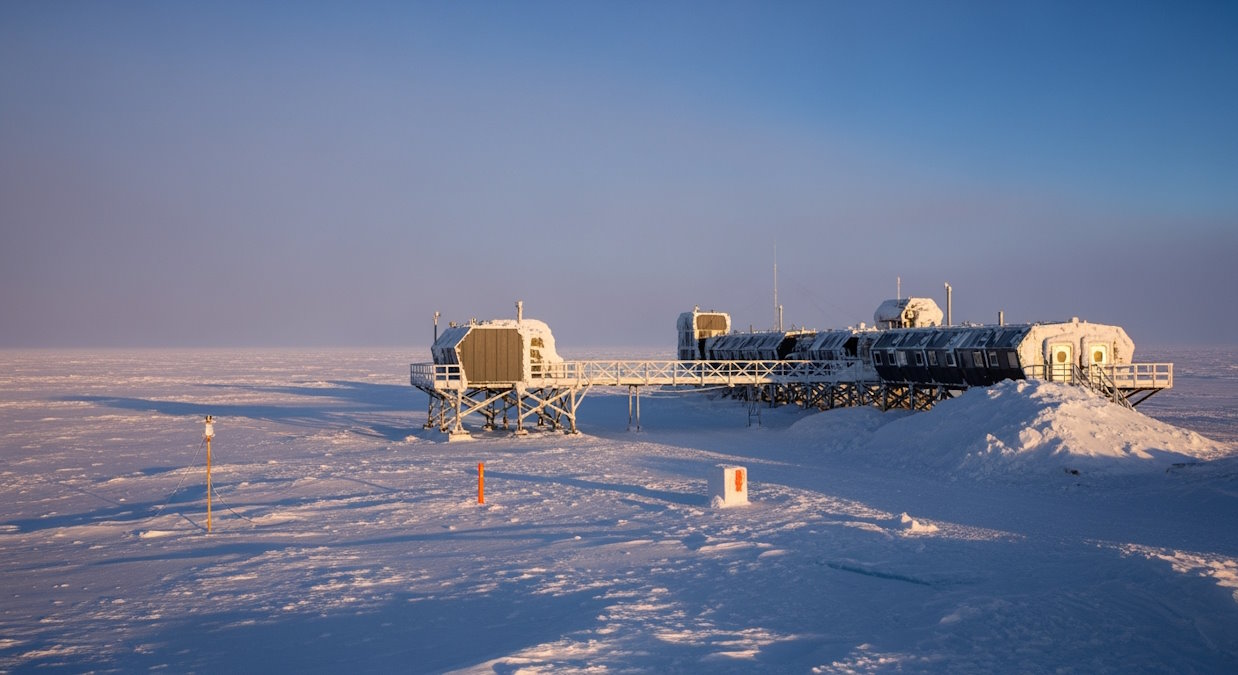
Electroverse November 4, 2019 | Cap Allon
According to official NOAA data, more than twelve-hundred monthly low temperature records fell ACROSS the U.S. in October 2019 — multiple Arctic air masses rode anomalously-far south on the back of a wavy jet stream flow, itself associated with historically low solar activity.
The sun is currently in its deepest solar minimum of the past 100+ years, and the jet stream has weakened as a result; its usual tight ‘zonal’ flow has more-often-than-not reverted to a loose ‘meridional’ one. This wavy flow has diverted brutal Arctic air into the lower-latitudes, and is responsible for the U.S. either busting or tying a staggering 1204 all-time MONTHLY low temperature records in October 2019 (double the number of new heat records).
Here I’ve highlighted just a few of the standout new monthly lows (data courtesy of NOAA):
- Eureka, NV‘s bone-chilling reading of 2F (-16.7C) on Oct 30 broke the previous monthly record of 3F (-16.1C) set back 1971, and is now the town’s lowest-ever October temperature in 131 years of data.
- McDermitt, NV set a new cold-record in books dating back 127 years — last month’s -10F (-23.3C) busted the previous record October-low of -6F (-21.1C) set in 2002.
- Lamar, CO‘s Halloween low of 1F (-17.2C) is now the coldest Oct temp since records began some 126 years ago, smashing 1991’s previous record of 8F (-13.3C).
- And lastly, Haskell, TX comfortably surpassed its previous monthly low from way back in 1917 — the 18F (-7.8C) observed on the 31st is now the city’s lowest-October temperature in books dating back to 1893.
Furthermore, many other towns and cities achieved the even-more impressive feat of averaging their coldest Octobers on record (for the month as a whole):
Spokane, WA just suffered its coldest October-ever in record books dating back to 1881. The National Weather Service data confirms the average temperature of 42.3F (5.7C) observed last month broke the city’s all-time record of 42.8F (6C) set way back in October 1905 (the Centennial Minimum).
Also worth nothing is that three out of four of Spokane’s coldest Octobers ever (in 138 years of records) have occurred this century — including 2002 and 2009.
Several other cities in Washington and Idaho also broke their records for the coldest October ever, including in Wenatchee, Ephrata, Sandpoint and Moscow.
As did Rapid City, SD — the NWS reports that the average temp of 38.1F (3.4C) registered at Rapid City Airport was the coldest-ever for the month of October in books going back 100+ years, beating out the old record of 38.7F (3.7C) from 2009 (solar minimum of cycle 23).
And let’s not forget, the U.S. as a whole also registered it’s coldest-ever October temperature last month, in Peter Sinks, Utah, breaking the 1917’s all-time record:
Real-world observations reveal the lower-latitudes are COOLING, and cooling fast.
Yes, a few far-northern areas like Alaska and the Arctic are warming slightly, but 1) no one lives up there so quite frankly, who cares, and 2) as NASA succinctly identify in their ‘Maunder Minimum Temperature Reconstruction Map’ (below), these regions are expected to warm during periods of global cooling, as are the North Atlantic, Iceland and the southern tip of Greenland:

And regarding any Arctic sea ice melt, and the potential-consequences for sea levels, again, a non-issue. At least 90% of the planet’s ice is safely locked up in Antarctica which, for as long as we can tell, has been steadily advancing, comfortably offsetting the comparatively tiny losses observed at its northern cousin.
Don’t be fooled by bogus political ideologies. The lower-latitudes are refreezing in line with historically low solar activity. NASA has revealed this coming solar cycle (25) will be “the weakest of the past 200 years,” and they’ve correlated previous solar shutdowns to prolonged periods of global cooling here.

Grand Solar Minimum + Pole Shift



